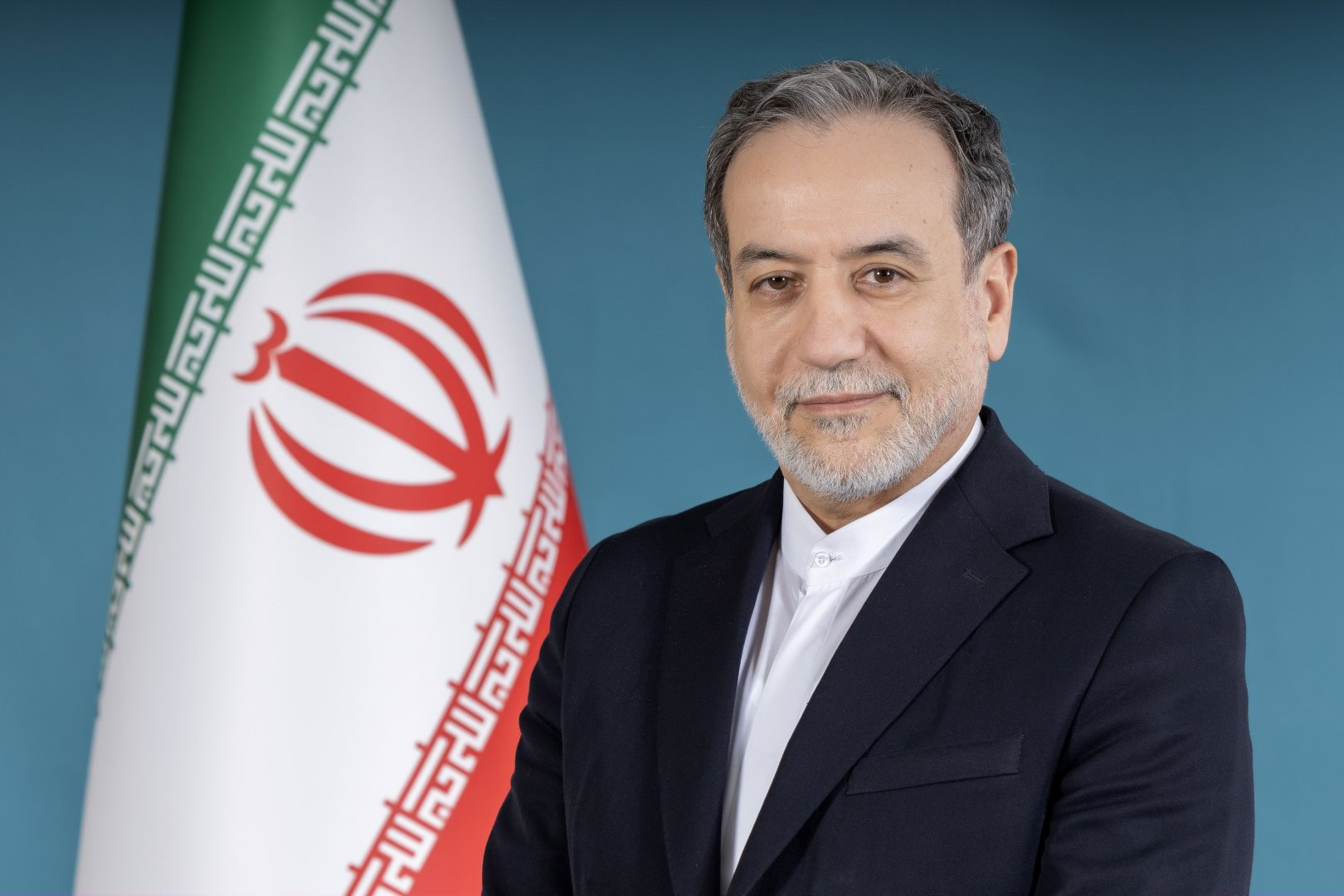Iran warns Europe against reactivating ‘snapback’ sanctions as nuclear tensions rise

Iran has issued a strong warning to three European countries—the United Kingdom, France, and Germany—stating that any attempt to re-implement the “snapback” sanctions mechanism under the 2015 nuclear deal would mark the end of their role in Iran’s nuclear negotiations, Azernews reports.
Iranian Foreign Minister Seyyed Abbas Araghchi made these remarks on July 12 during a meeting with foreign diplomats in Tehran. He cautioned that invoking the snapback mechanism would only complicate the resolution of the Iranian nuclear issue and represent a lasting "black spot" in the history of European engagement with Iran.
The “snapback” mechanism, referenced in Articles 36 and 37 of the Joint Comprehensive Plan of Action (JCPOA), allows a party to the deal to refer a perceived violation to the UN Security Council. If the issue remains unresolved, international sanctions may be reinstated, and in extreme scenarios, UN members may be authorized to launch military operations against Iran.
Amid rising regional tensions, Araghchi also warned of the serious risk of radioactive contamination at Iran’s nuclear facilities following a series of recent military strikes. He added that explosives left behind from the attacks pose ongoing danger, and that it is now impossible for International Atomic Energy Agency (IAEA) inspectors to approach the sites, both for security reasons and due to threats to their personal safety.
The statement comes in the wake of several military escalations involving Iran, Israel, and the United States:
On June 13, Israel launched air strikes on Iran, killing multiple high-ranking military officers and nuclear scientists.
Iran retaliated the same day with Operation True Promise III, firing hundreds of ballistic missiles and drones toward Israeli targets, including Tel Aviv, resulting in civilian casualties.
On June 22, the United States struck three Iranian nuclear facilities, reportedly destroying key infrastructure.
Iran responded on June 23 by targeting a US military base in Qatar with airstrikes.
A ceasefire was brokered on June 24 with the mediation of US President Donald Trump, which was later confirmed by both Israeli and Iranian authorities.
Despite these developments, Araghchi insisted that Iran’s nuclear program remains peaceful, emphasizing the country’s ethical and religious opposition to nuclear weapons. He added that Iran has repeatedly taken steps to demonstrate transparency.
However, concerns remain. On March 3, 2025, IAEA Director General Rafael Grossi reported that Iran had increased its stockpile of uranium enriched to 60% from 182 kg to 275 kg—a significant escalation. Iran is currently the only non-nuclear weapons state enriching uranium to this level, which Grossi labeled a “serious concern.”
The Iranian side maintains that this enrichment is part of a peaceful energy program, though the regional and international community remains divided on the true trajectory of Iran’s nuclear ambitions.
Here we are to serve you with news right now. It does not cost much, but worth your attention.
Choose to support open, independent, quality journalism and subscribe on a monthly basis.
By subscribing to our online newspaper, you can have full digital access to all news, analysis, and much more.
You can also follow AzerNEWS on Twitter @AzerNewsAz or Facebook @AzerNewsNewspaper
Thank you!
